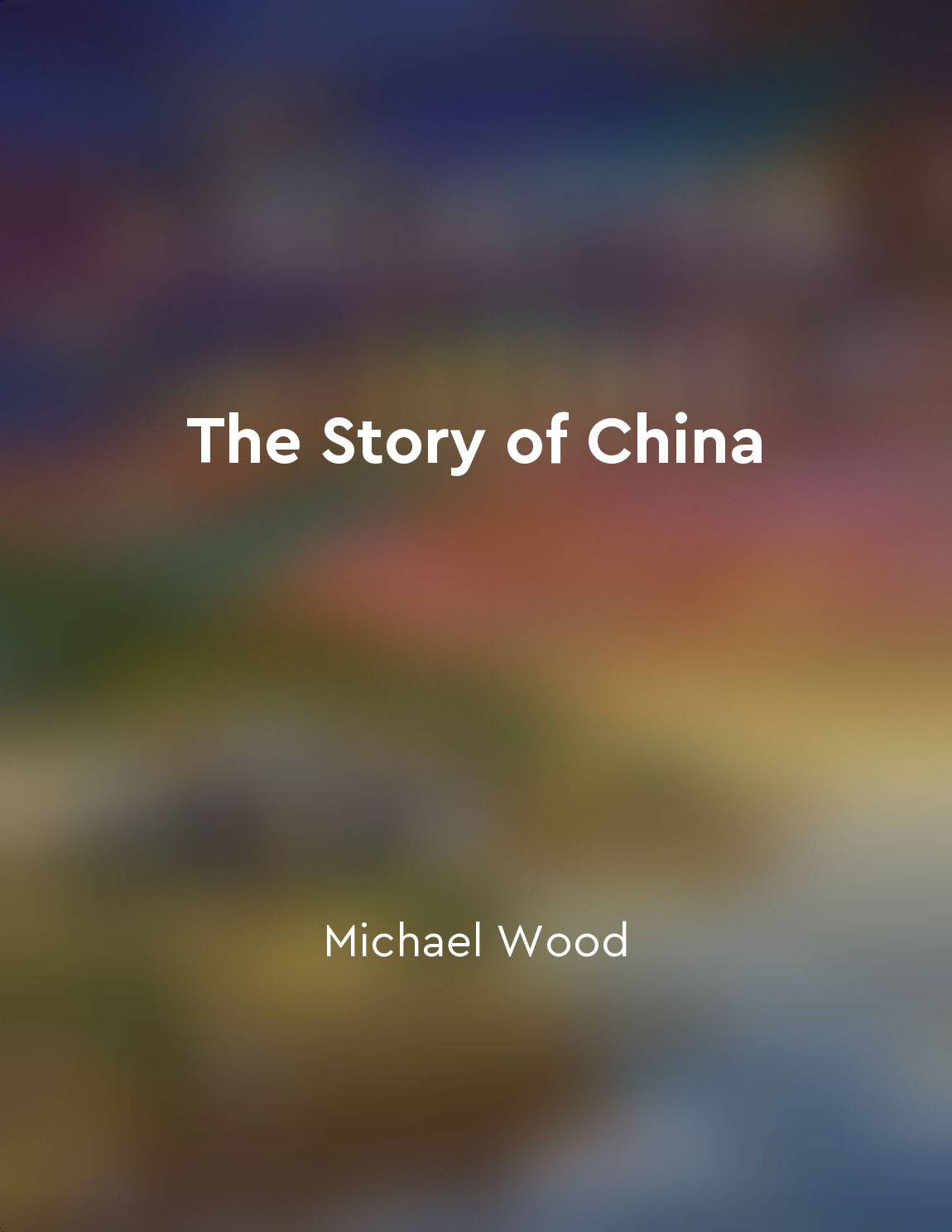War Communism devastated the Russian economy from "summary" of A People's Tragedy by Orlando Figes
War Communism, with its policy of seizing grain from the peasantry, nationalizing industry, and abolishing money, brought the Russian economy to the brink of collapse. The requisitioning of grain by the state led to widespread famine in the countryside, as the peasants had no incentive to produce more than they needed for their own survival. This lack of food in the cities caused mass starvation and death among the urban population. The nationalization of industry meant that factory managers and skilled workers fled or were expelled, leaving the factories in the hands of unskilled and untrained personnel. As a result, production plummeted, leading to shortages of essential goods and services. The abolition of money and the introduction of a barter system further complicated matters, as it was difficult to determine the value of goods and services without a common medium of exchange. The lack of a functioning economy meant that the government had to resort to printing money to finance its activities, leading to hyperinflation. Prices soared, making it impossible for ordinary people to afford even basic necessities. The collapse of the economy also had a devastating impact on the transportation system, further exacerbating the shortages of food and other goods.- War Communism left the Russian economy in ruins, with the country facing widespread poverty, starvation, and death. The policies implemented during this period were not only disastrous in the short term but also had long-lasting effects on the economy, setting the stage for further economic turmoil in the years to come.
Similar Posts

LGBTQ+ rights have been a recent focus of social movements
In recent years, there has been a growing focus on LGBTQ+ rights within social movements in the United States. This shift in at...

Money is a shared fiction
Money is a peculiar thing. Unlike objects such as rocks or trees, money has no intrinsic value. It is simply a piece of paper o...
Daniel Kahneman's work on behavioral economics challenged traditional economic assumptions about human decisionmaking
Daniel Kahneman, a psychologist by training, brought a fresh perspective to the study of economics by introducing insights from...
The war serves as a cautionary tale for future generations
The Great War was a catastrophic event that resulted in the loss of millions of lives and caused immense suffering on a global ...

The Belt and Road Initiative is expanding China's influence in Central Asia
One key development in recent years has been the Belt and Road Initiative, a vast infrastructure project that aims to connect C...
Study of socioeconomic conditions in different periods is important
Understanding the socioeconomic conditions of different periods is crucial in comprehending the historical context of a society...

